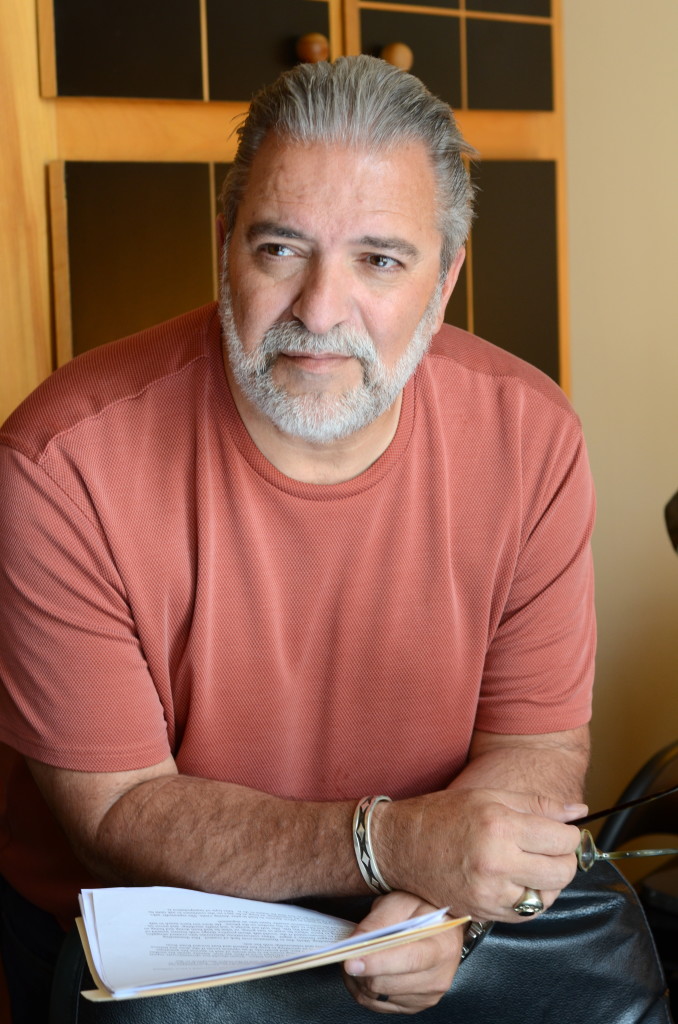I’ve noticed a lot of people on social media saying they’ve been feeling tired earlier than usual while on lockdown. Normally able to stay up into the small hours, they are now hitting the pillow at 10 pm. Many wonder how this can be when we are all doing less. The feelings of fatigue that you are experiencing are more likely related to the mental workload associated with COVID-19 rather than the physical burden. Fatigue can have both physical and non-physical causes. After you’ve completed a 5K run, for instance, you deserve a rest, or after an illness, you might feel run down and tired for a few weeks.
But research has also shown that tiredness can be caused by psychological states, such as stress and anxiety. In the current situation, it could even be the monotony of the situation that makes you feel tired. That’s why dealing with the psychological strain of the coronavirus could be wearing you out. If that’s the case, then how do you get your energy back?
The phases of adjustment
When we look at major changes, such as students starting university or new school or people moving to a new city, a period of adaptation and transition is needed. This takes time and comes in phases. The first week of adapting involves disengaging from former ways of living and working, and establishing new interactions. These are usually achieved by the fourth or fifth day, after which life begins to feel more settled and predictable.
People in the first few weeks of a lockdown may feel low and could be tearful. This is a normal adaptation stage. We usually don’t worry too much but are reassured by others that this will pass for most people and next week we will feel better. Writing a reflective journal can help with transitioning to a new environment. Jot down your thoughts and feelings, and then review your progress to see how you adjust.
Full functional adaptation to a new way of life happens after about three months. However, there is one period to be aware of – and it occurs about three weeks after the start. This is when a person can abruptly succumb to a bout of melancholy and a loss of morale. The worry in this case may be that the lockdown situation has now become permanent. Once this phase has passed, however, these feelings of despondency hopefully will not return.
Prioritizing structure
The next lesson on how to keep your energy up comes from observing people in survival situations. To avoid drifting into a state of apathy and feeling low and unmotivated, it is important to establish a clear structure to your day. Structure allows you to gain some control over your life. It helps prevent a buildup of empty time that could make you very aware of confinement, and cause a growing sense of drift. This can lead to feelings of withdrawal and apathy, poor sleep and neglected personal hygiene.
David Lowenstein, Ph.D. is a psychologist and the clinical director of Lowenstein & Associates, Inc. in Columbus, Ohio. In addition to providing therapeutic services to individuals and families, he offers training and consultation to numerous associations, schools and agencies around the country. Additionally, he is a frequent radio and TV guest and a resource and contributing writer for numerous newspapers and magazines nationwide. Contact Dr. David Lowenstein at 691 South Fifth Street, Columbus, Ohio, 43206, or call 614.443.6155 or 614.444.0432.


